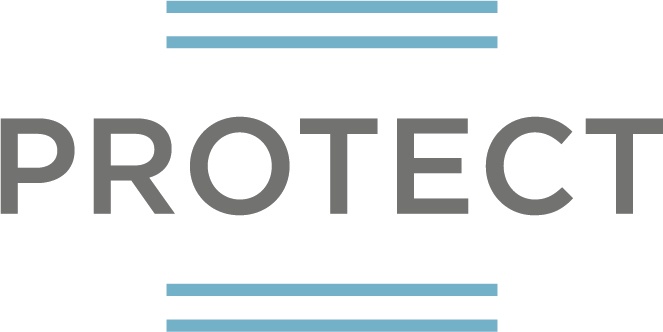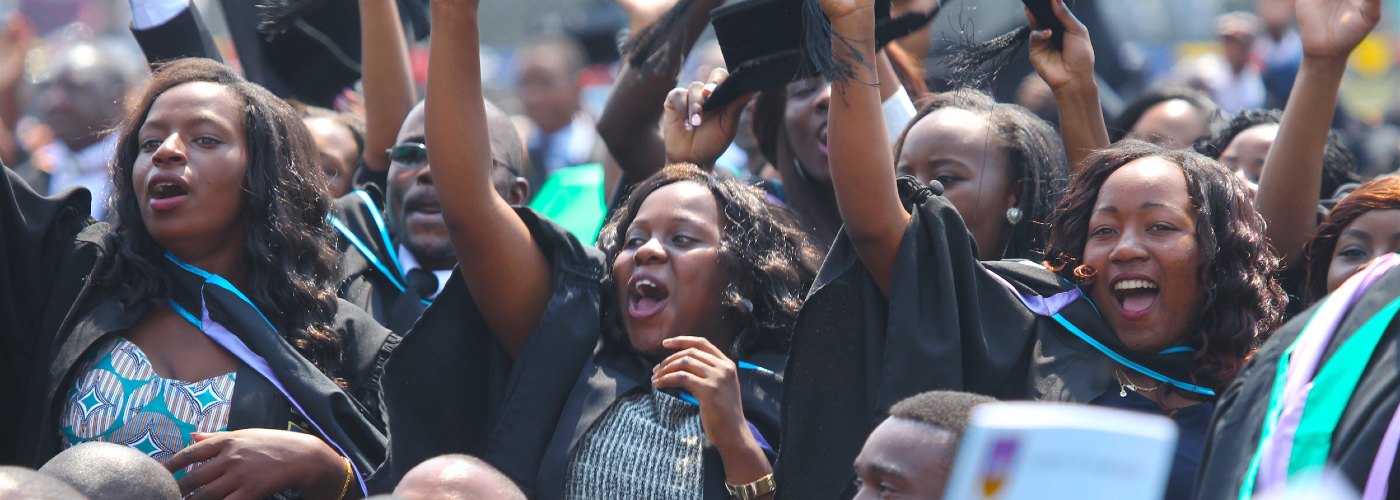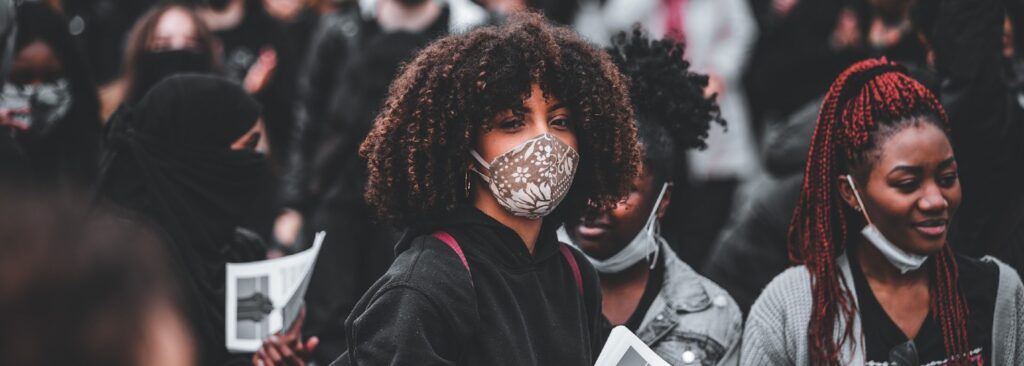Protecting Rights, Openness and Transparency Enhancing Civic Transformation (PROTECT)
The PROTECT program aims to tackle the complex factors restricting open societies today in the belief that the right to speak and the right to know lie at the heart of human rights and development. PROTECT works towards free and open societies, where civil society – including infomediaries – are able to hold governments to account, make critical data accessible and understandable, and drive social and political change for the better for all groups in society.
Why we need to protect open societies now
We’re increasingly witnessing an erosion of civic rights, particularly freedoms of expression, information, assembly, and association. Authoritarian power-holders are conducting a concerted and deliberate fight against democratic progress and the rising influence of civil society. As a result, unequal and closing societies are failing to deliver tangible positive change in their people’s lives
Who we work with
PROTECT supports civil society organizations, human rights defenders and infomediaries in their efforts to make governments transparent and build independent and democratic societies. At the same time it works with State actors so they are better able to engage with civil society actors to address country challenges.

Our approach
PROTECT’s innovative and holistic approach addresses three key challenges underpinning the problem: shrinking civic space; repression of independent media and infomediaries; and data, transparency and accountability failures. Its support for civil society actors consists largely of improved knowledge and skills in data generation, access, processing, use and response to address country challenges. Additionally, PROTECT creates a collaborative and shared space between civil society actors and the corporate and philanthropic sectors and influences decision makers at all levels.
Where
Kenya, Malawi and Myanmar
These are the main results of the project in Kenya since 2020
PROTECT helped broker a MoU between Local Empowerment for Good Governance (LENGGO) and the Mombasa County Department of Health. The county government now considers LENGGO a stakeholder and engages them in county activities. The dialogue forums held by LENNGO led to partnerships with CSOs (including LENNGO) in the County’s sector working groups and task force for health and finance.
Similar interactions with the Kisumu County government improved county service delivery and responses to citizen’s concerns. The project trained administrators in dialogue forums to use data for social accountability. Through these forums, participatory citizen-generated data has created an important interface between CSOs and Ward Administrators in the County.
LENNGO’s multi-stakeholder engagement with the media and CSOs improved journalists’ ability to analyze data for use in their reporting. They honed their skills by analyzing budget documents on the www.zua.ke and TEMA online accountability platforms. Kisumu County health department officers learned to simplify county budget and health data posted on TEMA, turning the information into understandable and actionable public datasets that CSOs can use to increase accountability in service delivery.
Networking and collaboration with our partner International Center for Not-for-Profit Law (ICNL) led to a policy road map for Kisumu County’s Directorate of Public Participation. The directorate then held a stakeholder consultation that identified and addressed shortcomings in the County’s legal framework for public participation.
PROTECT’s sub-county level dialogue forums brought together women led/centered CSOs and sub-county Ward and Village Administrators. Administrators now enforce a provision for women led/centered CSOs in all mandatory public participation forums in Kisumu.
This synergy has increased the participation of women in decision making and governance processes in the County. And in the 2022 elections, a number of women empowered by PROTECT were elected to the Kisumu County Assembly. They will act as champions for gender equality who will advance issues affecting women.


